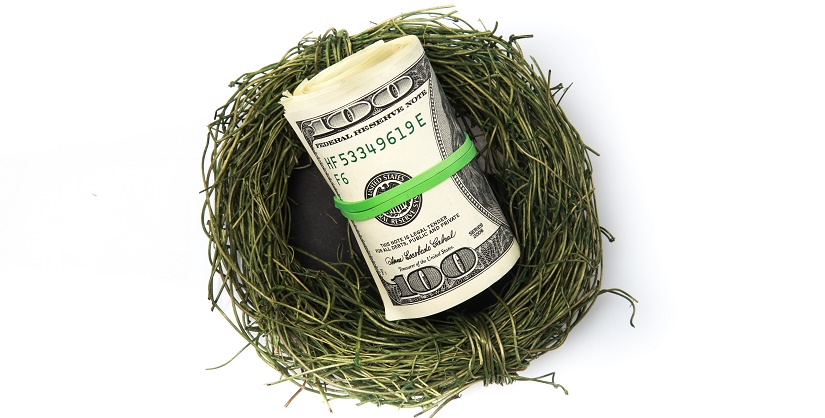
There are certain things that we recommend you do to help ensure that your heirs will get the most benefit out of your estate when you are gone.
1. Establish a budget for your final arrangements or purchase a pre-paid funeral plan during your lifetime.
2. List your important papers, including where these items can be found.
3. Create a long-range plan and leave detailed instructions for how the proceeds of life insurance policies and other assets should be used to meet the needs of your beneficiaries.
4. List IRAs and other retirement accounts, and include all benefits, terms, and penalties for early withdrawal. List Plan Administrator contact information.
5. List other assets that can be converted to income-producing property if necessary.
6. If you own a business, provide instructions for keeping the business running profitably. If you have a partner, make sure your heirs know what the terms of the partnership are.
7. List the names and contact information of your important advisers, what they do, and who should be called first in the event of your death or disability
8. Inventory your assets, list when and for how much you acquired each asset, and give instructions for how the assets should be sold and for how much. This is particularly important if you have assets such as art, collectibles, and real estate.
9. Review your estate plan at least annually. Seek legal and tax advice on whether the value of your estate warrants planning to minimize or avoid federal and state inheritance and estate taxes.
10. Provide a budget of what it costs to run your household.
11. List your debts and bills. Include due dates, payment terms, and amounts owed.
12. List the insurance policies you have in force, their beneficiaries, benefits, due dates, and premiums paid.
13. List essential information about yourself, such as your Social Security number, safe deposit box number, personal safe combination, computer passwords, etc.
14. If you are veteran, remember that your military discharge papers (DD-214) will be needed to collect any benefit to which your heirs are entitled.
15. List all credit cards, account numbers, etc.
16. List who owes you money. Include amounts owed, repayment terms, and the location of promissory notes, mortgages, etc. held by you.
17. If you own a computer, consider purchasing a home finances software program such as Quicken or Microsoft Money to use in maintaining this information.
18. Make a master list of all passwords and PINS to access digital and online accounts including social media.
By Barbara Boone McGinnis, J.D.
The following checklist will help you and the members of your family organize much of the important information described above. Once collected, you should keep this information in a safe and convenient place. On completing the items in this checklist, you may wish to give copies to the people who will be involved in settling your estate, such as the Personal Representative named in your Will. We recommend that this information be reviewed and adjusted annually.
This information is provided as a service by the Elder Law Practice of Timothy L. Takacs. Associate Attorney Barbara Boone McGinnis, J.D .works with elderly clients and their families to plan for the challenges of aging and long-term care. For more information, call (615) 824-2571 or visit www.tn-elderlaw.com.
NOTE: Information contained herein may contain general explanations of laws. It should not be considered as legal advice. Please seek counsel from an attorney regarding legal planning.


Comments